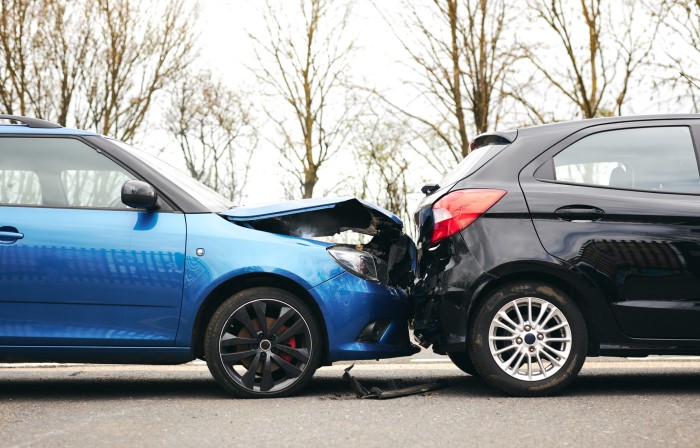
Why Car Accident Cases Sometimes Go to Trial Court
Fort Lauderdale is a dynamic city with vibrant streets, but like any urban area, its roads see their fair share of car accidents. Whether it’s the result of heavy traffic or adverse weather conditions, accidents can happen in an instant, often leaving those involved uncertain about the next steps. Understanding the nuances of the legal process, especially when cases go beyond the negotiation table and into trial court, is crucial.
While many car accident cases are resolved through settlements, others make their way to trial due to disputes that cannot be settled outside of court. These disputes may revolve around questions of liability, disagreements over the appropriate compensation amount, or complex legal issues. In these situations, a Fort Lauderdale car accident lawyer can provide invaluable guidance, representing your best interests and ensuring your case is handled with the expertise it deserves. You can navigate this challenging process more effectively if you understand why certain cases go to trial.
Disputes Over Liability
Many car accident cases that reach trial do so because there is a dispute about who caused the accident. You may receive misleading accounts from insurance companies and other parties involved. If the parties involved cannot agree, then a judge or jury may need to decide who is responsible. This process may be required if the evidence is ambiguous or if both sides make strong but contradictory cases.
Disagreements on Damages
Another reason for cases to go to trial involves disagreements over damages. The injured party might claim higher damages than the insurance company is willing to pay. These damages can include medical bills, lost wages, and pain and suffering. When both parties cannot reach an agreement on the fair amount of compensation, going to court may be necessary.
Insufficient Settlement Offers
In some instances, the settlement offers that the insurance company provides to the injured party are insufficient. Insurance companies aim to pay out the least amount of money possible, which means the offer may not reimburse you for everything you’ve spent. If someone thinks the offer doesn’t reflect their loss, they may go to trial to obtain the full value of their claim.
Complex Legal Issues
Some car accident cases involve intricate legal questions that require judicial interpretation. These may include some particulars about an insurance policy, a contractual obligation, or a traffic rule specific to the state. If there are particularly complicated legal issues, a trial can be an appropriate environment for working through them.
Lack of Evidence
When it comes to car accident claims, evidence is paramount. Settling out of court can be difficult when there is little or no evidence to present to the opposing side. This could be because accident reports may not have sufficient clarity, witness statements may be lacking, or visual evidence may not be fully apparent. At trial, you can present this evidence and testimony before a judge or jury who can officially assess it.
Emotional Factors
Emotions play a decisive role in the decision to go to trial. Some parties are adamant about getting justice or proving a point and will take a case to court. Some people may turn down settlement amounts to instead challenge for a trial verdict because they seek a public admission of misdeed or closure.
Strategic Considerations
Undoubtedly, strategic considerations can also influence a trial decision. Legal teams weigh the potential for a greater award against the threats of going to court. Furthermore, if one side believes the other is not willing to reasonably resolve the problem, it can choose to go to trial to compel a resolution.
Insurance Company Stance
Another factor is the stance of the insurance company involved regarding moving to trial. There are some claims that insurers will refuse to settle, particularly if they believe you are making a fraudulent claim or if you are significantly inflating its value. This allows a court to potentially hear the case and make a decision.
Public Interest and Precedents
Sometimes, a case will go to trial because it can advance the law or it garners the public interest. Sometimes, lawyers will go to trial because there is a legal point they want to make on the record or they want the publicity of an ongoing case for larger matters. These cases have the power to establish or change a legal precedent and affect analogous cases in the future.
Conclusion
Although most car accident cases settle, others go to trial for various reasons. Court proceedings can arise from disputes over liability or the amount of compensation, especially if the offer is deemed insufficient. Understanding these factors helps individuals prepare for potential legal challenges. They can make informed choices about their legal strategies by understanding the reasons behind trial outcomes. This knowledge can guide them toward a resolution that aligns with their needs and expectations.



